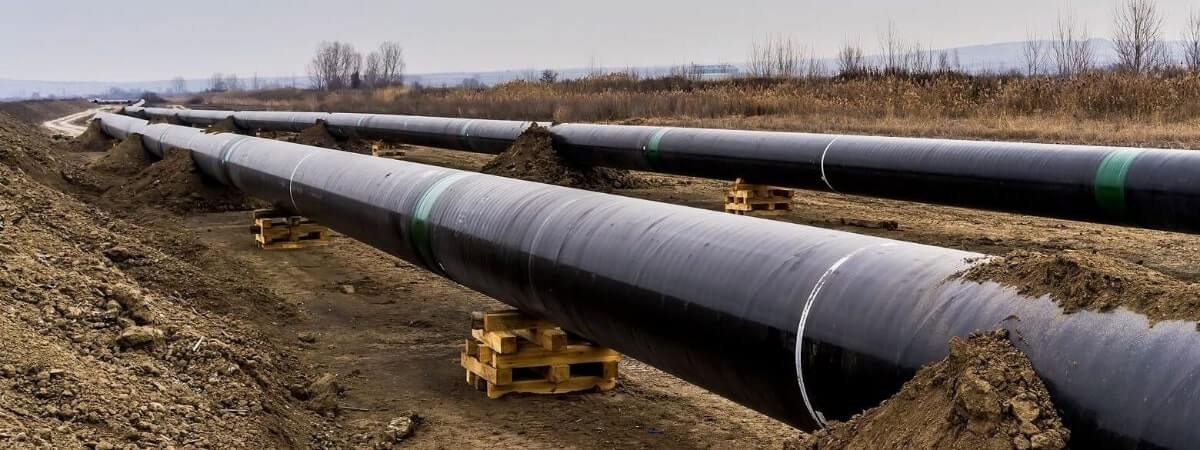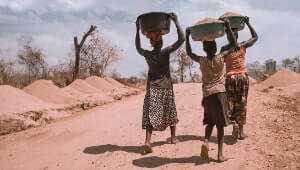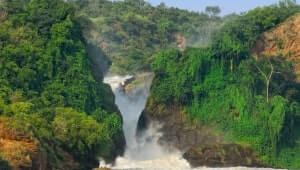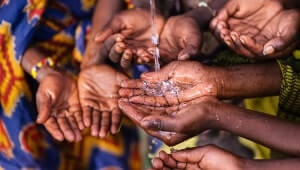

“Responsible energy major”?
4 things you need to know about TOTAL’s megaproject in Uganda and Tanzania


4 things you need to know about TOTAL’s megaproject in Uganda and Tanzania
Total claims it wants to become a “responsible energy major”, committed to protecting the environment and respecting human rights “in all circumstances”.
But far away from its french headquarters, in the heart of Africa, Total is moving forward with an oil megaproject that clearly violates its commitments: the East African Crude Oil Pipeline and Tilenga oil field.
Whether you work for Total, are a Total customer, or just a concerned citizen, here's what we think you should know:
Total’s megaproject is already under investigation by four UN Rapporteurs and is being challenged in a French court next month. Based on thorough research and analysis, leading NGOs like WWF, Oxfam, Friends of the Earth and the FIDH have found and reported numerous risks of serious environmental and human rights violations, if Total persists with its megaproject.

A pattern of violations, including evictions and poorly compensated forced acquisitions has been reported on site. The WWF points out that the EACOP project will only create 300 permanent jobs. Meanwhile at least 12,000 families and farmers are expected to lose land due to the megaproject. (WWF and FIDH)

It’s hard to imagine Total drilling for oil in La Vanoise park -- but it is drilling in Uganda’s Murchison Falls National Park, home to lions, elephants, hippos, and many other unique species. The 1,455km-long pipeline will then carry the crude oil across 200 rivers and 12 protected forests to the coast in Tanzania. (Yale Environment)

Water contamination and reduced access to drinking water have already been reported near the Tilenga oil fields (Oxfam, FIDH). Just one leak in neighboring Lake Albert could be catastrophic for the 30 million people depending on it. Yet oil spills are common in pipeline projects (Oxfam, FIDH). In the US alone, there were about 11 a month in 2018.

2,000 km2 of protected wildlife habitat will be affected by serious disruption and fragmentation, and exposed to increased risk of poaching. Crucial chimpanzee and elephant corridors are also at risk of severe degradation. (WWF)
"Safety, health, climate, the environment and also shared development, in every country where the Group is present, Total steers its operations with the aim of working in a sustainable, active and positive manner."
Total.com
The world urgently needs genuine responsible energy majors that lead our economies away from oil and coal, to clean sources of power.
That's our only chance to safeguard our future on this planet from climate catastrophe. Total can be one of these exemplary majors.
As we confront the devastating impacts of the Covid-19 pandemic, what better time for Total to rise to the most important challenge of our time? Imagine what a $3.5 billion investment in green and truly sustainable energy could bring to East Africa, and to the world.
There's no choice but to be on the right side of history. Total has to stop these projects.
Tell Your Friends